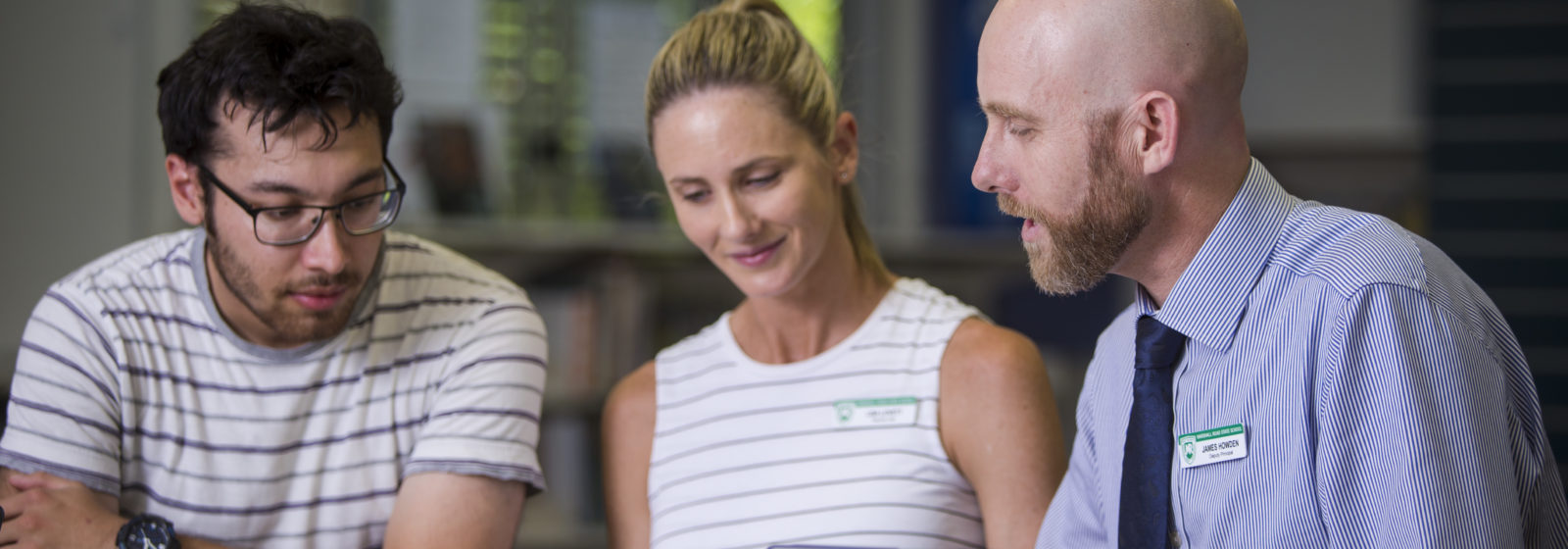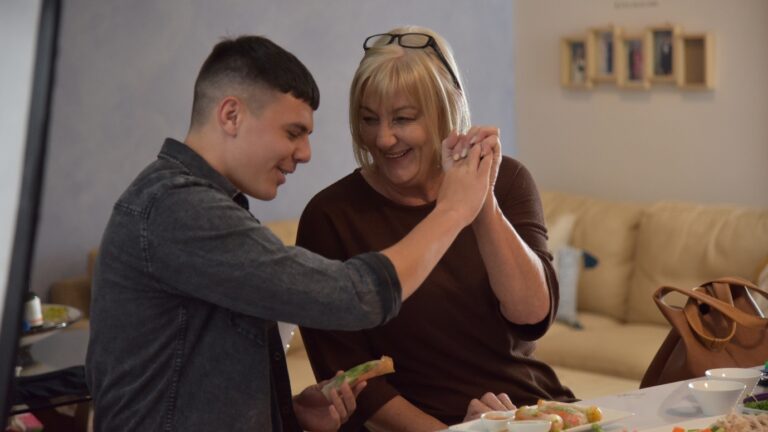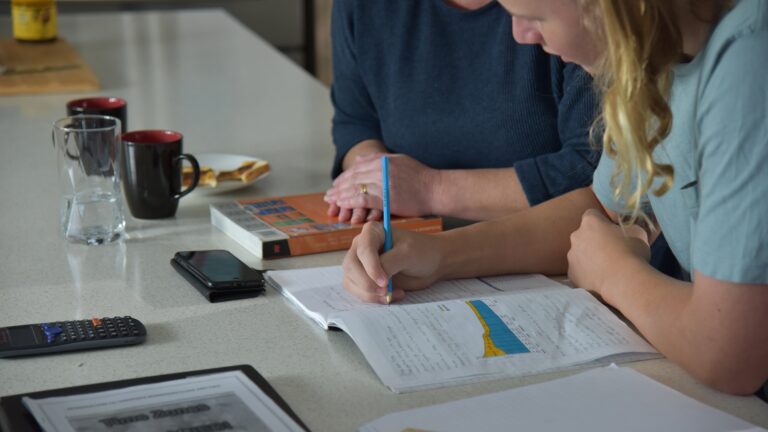Like any parent, you want the best for your child and want to see them happy and flourishing. Today’s schools want to work with parents, as partners, to see every child fulfil their potential.
Helping children flourish
Schools today work hard to engage every student in their learning and help them feel a sense of belonging within their school community. They focus on strengthening students’ relationships and building positive emotions such as joy, interest and hope, and also encourage their students to live in a healthy way. Research by psychologists has found that this approach helps children to flourish at school. While a little anxiety is a normal response right now, if you feel your child needs extra help to support their mental health and wellbeing, please contact their school team who has experts available to help them.
Recognising a child’s strengths
Schools recognise that children learn better when they can relate what they are learning to their own strengths, talents and interests. To promote this approach, teachers take the time to learn as much as possible about their students so they can apply what they know in the way they teach.
Responding to a child’s needs
Teachers want to meet their students where they are ‘at’ so they can help them progress in their learning and achieve their goals. To help them do this, teachers want to work with parents and carers. You know your child better than anyone else so when you share insights about your child with their teacher, you are equipping their teacher to better understand and cater for your child’s particular learning needs. Teachers today have many different ways of responding to the learning needs of different students including the types of materials they use, the way they group students, they different ways they express the information they are teaching, and the way they assess a child’s progress.
Offering flexible ways for children to learn
Schools can sometimes change the way teaching is delivered or change the environment in which some students learn. While most students thrive at school and prefer to maintain their regular routine, some young people can learn better in different learning situations tailored to suit their needs. Not all schools can offer a different learning environment, but all schools can tailor their teaching approach.. Ask your child’s school what learning approach would work best for your child.
Promoting positive behaviours
Positive Behaviour for Learning (PBL) is a framework that helps schools improve the learning and wellbeing of students. This approach brings together the school community to develop a positive, safe and supportive learning environment. Together, a school community decides on the behaviours that work best at their school to help students learn. Schools communicate their expectations of students and staff and make sure all students get the support they need to help them be successful at school.
Supporting student understanding
Today, schools focus more on the effect of a student’s behaviour rather than the behaviour itself, to help students understand the impact of their behaviour on other people and their environment. This approach generally involves a discussion between the student, adult leaders at the school, and other students who may have been affected, to discuss why the student behaved the way they did, explore how their behaviour affected other people, and talk about what that student might do the next time they find themselves in a similar situation. When schools adopt this approach, the results are positive with fewer suspensions and expulsions.
When to talk to your local regional office
If you’ve worked closely with your child’s school and things still aren’t working out, please contact your local Department of Education regional office to seek help.
Last Updated: 22 June 2022





